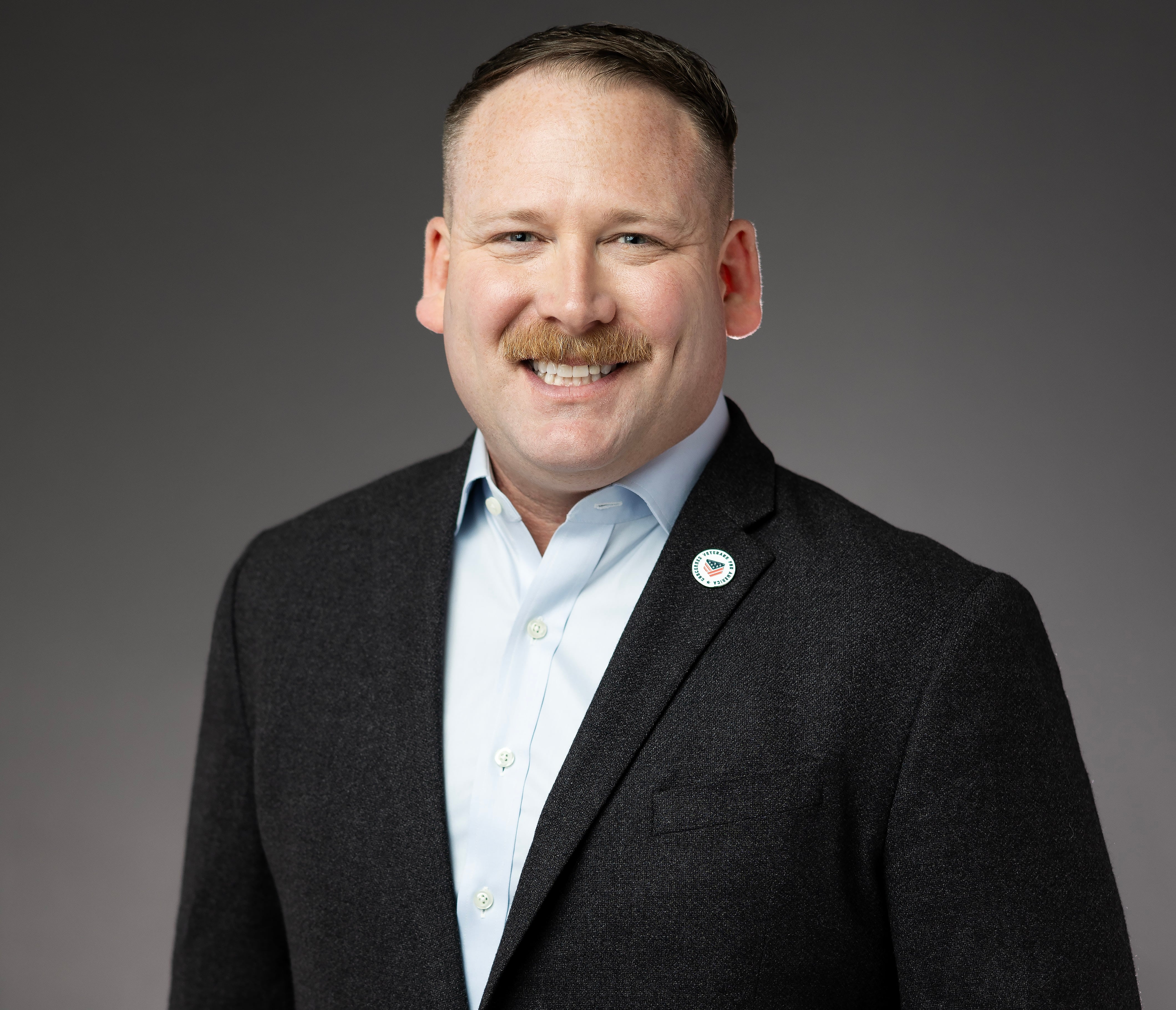Editor's note: The Army on late Wednesday issued a statement that, as previously specified in Defense Department guidance, Army child care providers are exempt from the hiring freeze and child care will continue without interruption.
Despite Defense Department guidance that exempts child care workers from President Trump's federal civilian hiring freeze, at least two Army installations have notified parents they're being forced to make cuts in their child care programs.
Defense officials are working with Army officials to ensure the Army bases are aware they have the ability to request authority to hire child care workers, a spokesman said. Officials at Fort Knox, Kentucky, and Army Garrison Weisbaden, Germany, did not immediately respond to Military Times questions regarding whether they were aware of, or had pursued, the hiring exemptions.
No new children are being enrolled in the child development center at Fort Knox, Col. Stephen K. Aiton wrote in a memo to parents, and the center will discontinue hourly care and part-day care effective Feb. 27. Aiton attributed the cuts to the hiring freeze enacted by Trump's executive order on Jan. 22.
"We are prevented from bringing new caregivers on board but are still having our usual staff turnover and illnesses which create challenges to maintaining ratios and providing quality childcare," Aiton wrote.
Officials at Weisbaden have notified parents that the part-day child care programs will close effective March 1.
"This closure is a result of staff shortage due to the Federal Hiring Freeze," wrote Col. Todd J. Fish, commanding general of the garrison. "This Hiring Freeze prevents [Child and Youth Services] from replacing staff who depart for any reason to include normal rotation," he wrote.
These staff departures have reduced the number of workers to such a level that the child and youth services can only operate mandatory core programs, Fish wrote, adding that "Part-Day programs are being closed to sustain Full-Day programs that are essential for military readiness."
APPROVAL NEEDED
Defense Department guidance issued Feb. 1 specifically exempts "Positions providing child care to the children of military personnel." However, the service branches still must seek approval to hire workers to fill those positions when they become vacant, said DoD spokesman Johnny Michael.
DoD is aware that bases including Fort Knox and Wiesbaden have announced child care cuts, Michael said, and officials "are working through the chain of command with these installations to ensure that they are taking advantage of the ability to seek exemptions."
New processes for obtaining such exemptions may create hiring delays, Michael said, which could lead to staffing shortages even in exempted areas.
Information was not available from Army Installation Management Command officials regarding how many bases have been affected. Navy Installations Command spokesman Fred Henney said officials have a process in place for requesting the authority through the chain of command to fill each vacant position. He said information is not yet available on whether any Navy child development programs have been affected by the hiring freeze.
Air Force officials are not aware of any child-related services negatively affected by the civilian hiring freeze, said spokesman Maj. Bryan Lewis.
"While the Air Force is aggressively working to stay out front of hiring freeze challenges and avoid issues, especially wholesale ones across our child/youth programs, there may be isolated base issues that surface given the hiring freeze," he said. "If negative impacts on Air Force child care operations arise, the Air Force is prepared to respond and request relief to the hiring process as needed."
To simplify and expedite the hiring process for vacant child care positions, he said, "sample position justification templates were provided to installation Human Resources Offices and child and youth professionals."
Marine Corps officials have been monitoring the adverse effects of the civilian hiring freeze on operational and family readiness, according to Maj. Garron J. Garn, spokesman for Marine Corps manpower and reserve affairs. "To date we've been able to mitigate these effects by carefully prioritizing critical vacancies and requesting selective exemptions via the Secretary of the Navy."
EXISTING STAFFING ISSUES
DoD, through the military services, operates more than 700 child development centers and school age care facilities.
Even without the new requirements resulting from the federal hiring freeze, many military child development centers have had staffing difficulties, a problem that contributes to the backlog of requests for child care.
"The process of hiring CDC personnel is lengthy and arduous," wrote Joyce Raezer, executive director of the National Military Family Association, in testimony submitted Feb. 14 to the Senate Armed Services Committee's personnel panel. "It can be difficult for CDC directors to find, hire, and put into place qualified staff."
Raezer asked that DoD analyze whether the hiring process can be streamlined while still ensuring necessary background checks and training take place to ensure children’s safety.
In testimony before the subcommittee Feb. 14, Sergeant Major of the Army Dan Dailey said one of the reasons the Army has a backlog of child care requests by soldiers and their families is the "backlog of employment." That process is complicated by the fact that people don't want to wait for the background checks and they need to seek employment elsewhere.
Sergeant Major of the Marine Corps Ronald Green said the Marine Corps has hired more adjudicators to shorten the length of time for the background checks. But he cited difficulty in getting child care providers to work on base because of the salary the government pays child care workers.
Karen Jowers covers military families, quality of life and consumer issues for Military Times. She can be reached at kjowers@militarytimes.com.
Karen has covered military families, quality of life and consumer issues for Military Times for more than 30 years, and is co-author of a chapter on media coverage of military families in the book "A Battle Plan for Supporting Military Families." She previously worked for newspapers in Guam, Norfolk, Jacksonville, Fla., and Athens, Ga.





